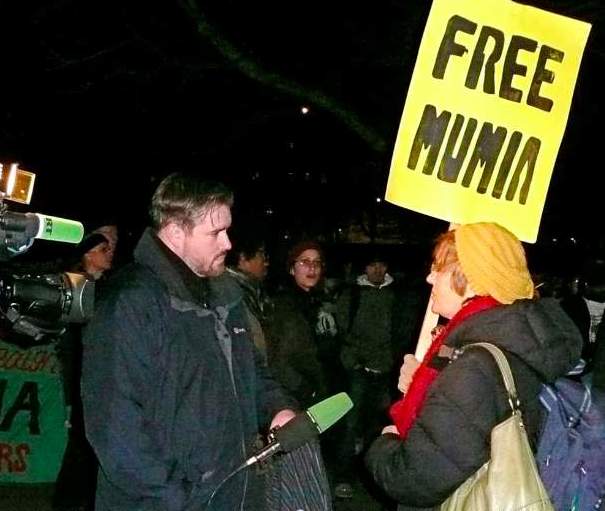I made a mistake.
An article I wrote recently for TCBH about the Pennsylvania prison system’s latest punitive assault on now ex-death row inmate Mumia Abu-Jamal (unnecessarily continuing his solitary confinement) contained a factual misstatement.
Most journalists consider any inaccuracy an error, regardless of how small.
The Code of Ethics of the Society of Professional Journalists calls for admitting “mistakes” and correcting them promptly.
This journalist’s inaccuracy-as-error standard contrasts with court systems, where appellate courts too often dismiss mistakes made during trials by prosecutors and judges without correction by using the court-invented legalistic term: harmless error.
The Abu-Jamal case is fraught with such misconduct and mistakes that appellate courts have not only not corrected, but have allowed to fester and get worse. But you won’t see the courts or the prosecutors ever admitting those things.
In my article, I inaccurately listed Pennsylvania state prison officials as being the prime movers in keeping Abu-Jamal on death row instead of transferring him into general prison population after a federal judge had voided his death sentence in a December 2001 ruling converting that sentence to a life in prison.
 Pennsylvania prisoners are put in "the Hole" for their politics, for protesting prison conditions, and for racist reasons
Pennsylvania prisoners are put in "the Hole" for their politics, for protesting prison conditions, and for racist reasons









